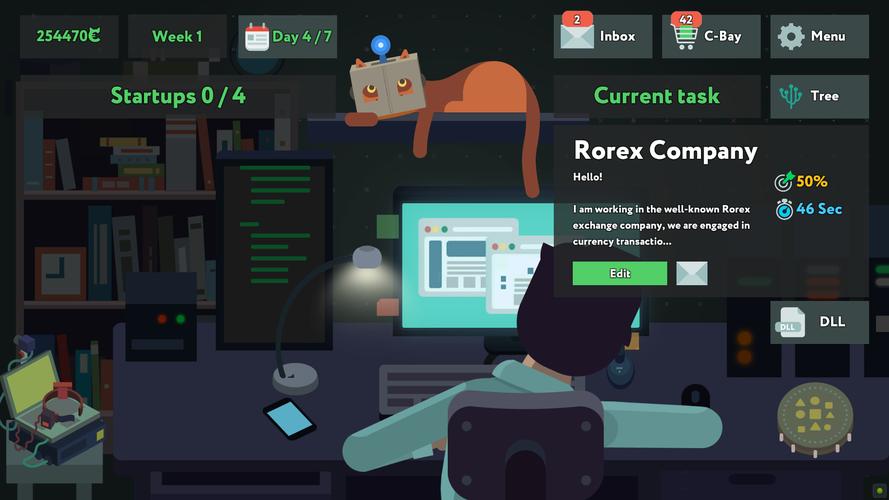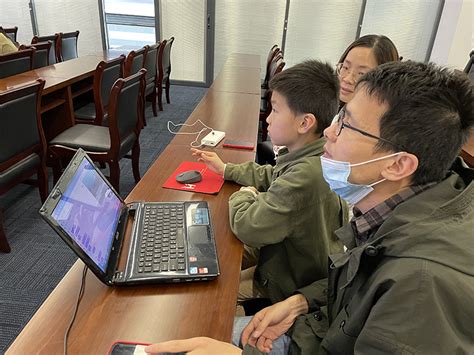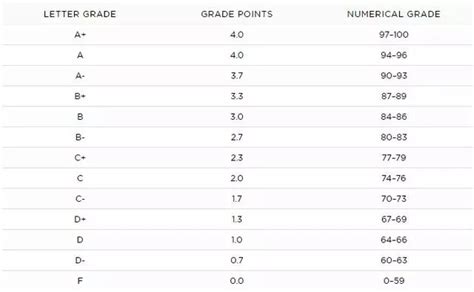mov指令如何使用
Title: Introduction to File I/O in C Programming
File Input/Output (I/O) operations are essential in programming, allowing programs to interact with files on disk. In C programming, managing file I/O involves functions from the `stdio.h` library. Let's delve into how to perform basic file operations in C.
1. Opening a File:
To open a file, you use the `fopen()` function. It requires two arguments: the file path and the mode. Modes include "r" for reading, "w" for writing (creates a new file or overwrites existing), "a" for appending, and more.
```c
FILE *fp;
fp = fopen("filename.txt", "r"); // Opens for reading
```
2. Reading from a File:
Once a file is open, you can read from it using functions like `fscanf()` or `fgets()`.
```c
char buffer[255];
fscanf(fp, "%s", buffer); // Reads a string
fgets(buffer, 255, fp); // Reads a line
```
3. Writing to a File:
To write to a file, open it in write or append mode, then use functions like `fprintf()` or `fputs()`.

```c
fprintf(fp, "Hello, World!\n"); // Writes formatted output
fputs("Hello, World!\n", fp); // Writes a string
```
4. Closing a File:
Always remember to close files after use using `fclose()`.
```c
fclose(fp);
```
5. Error Handling:
File operations can fail due to various reasons such as insufficient permissions or nonexistent files. Always check for errors.
```c
if (fp == NULL) {
printf("Error opening the file.\n");
exit(EXIT_FAILURE);
}
```
6. Complete Example:
Here's a complete example that reads from one file and writes to another:
```c
include
include
int main() {
FILE *input_file = fopen("input.txt", "r");
FILE *output_file = fopen("output.txt", "w");
if (input_file == NULL || output_file == NULL) {
printf("Error opening files.\n");
exit(EXIT_FAILURE);
}
char buffer[255];
while (fgets(buffer, 255, input_file) != NULL) {
fputs(buffer, output_file);
}
fclose(input_file);
fclose(output_file);
return 0;
}
```
Conclusion:
Understanding file I/O is crucial for handling data persistence in C programs. With the functions provided by the `stdio.h` library, you can easily read from and write to files, enabling your programs to interact with external data sources. Always remember to handle errors gracefully to ensure robust file operations.











